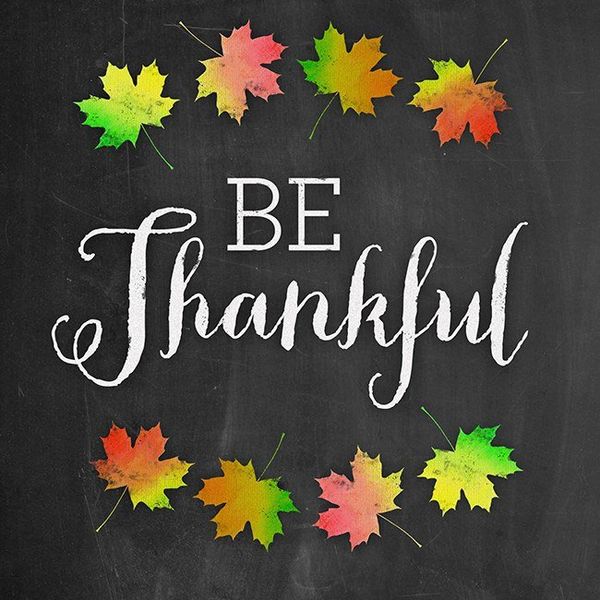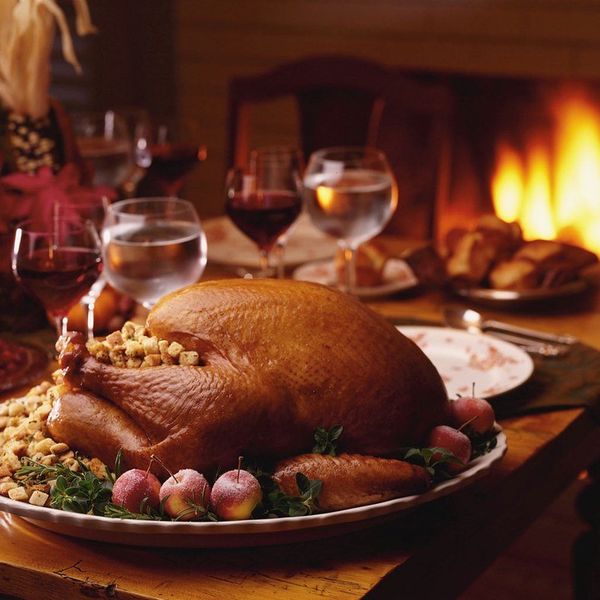Thanksgiving, one of a handful of uniquely American holidays, is right around the corner as students across the country eagerly await a relaxing five or so days off before they make the sprint for finals. Every American knows the classic theme of this holiday: gorging yourself on home made food (a luxury I have found to appreciate more while being away at college), watching the Lions lose (sorry Detroit fans, you know it's true) and reconnecting with family. Reconnecting with family usually involves showing your grandparents how Facebook or Twitter works to make sure they are “with it”. Of course, I cannot forget to mention the craziness that is Black Friday in which Americans bask in the glories of consumerism.
In the midst of these American traditions, I feel it is important to stop and reflect on the origins of the Thanksgiving holiday and to examine what it means to be truly grateful. It is easy in American culture to skip right from Halloween to the commercial materialism of Christmas, but there is a reason why President Lincoln established Thanksgiving in 1863 to be observed on the last Thursday of every November. At this time, the calendar year is nearing its end and “has been filled with the blessings of fruitful fields and healthful skies,” as Lincoln wrote. He composed this proclamation in the midst of “a civil war of unequaled magnitude and severity,” but he still managed to realize there was much to express gratitude for, such as the continued advancement of American society and population at the time, in spite of the war going on. And so, “a day of Thanksgiving and Praise to our beneficent Father who dwells in the Heavens” was established. Today’s Thanksgiving is a result from this proclamation by Lincoln, as well as the combination of the New England tradition of celebration after a successful harvest and the Puritan Thanksgiving, a religious observance marked by prayer and feasting.
Although we may not be reaping the rewards of a harvest from fields, we can reflect on where we come from and where we currently are in our lives. Life is a journey, and no one knows when it could end. This is especially true in light of the recent terrorist attacks in Paris. A lesson I have taken from this horrific incident is how vulnerable we all can be. It puts into perspective what really matters and how we should be valuing what is truly important, which is our relationships with loved ones. You may not have done as well as you wanted on your last test or paper, or had as fun of a weekend as your friends did, but as time moves along those things become more and more inconsequential. Where you invest your love, you invest your life. Thanksgiving is a time to recognize that fact. As you celebrate this holiday, keep in mind the words of the American playwright and novelist Thornton Wilder: “We can only be said to be alive in those moments when our hearts are conscious of our treasures.”
Of course you should express your gratitude for the opportunities and material comforts you have. More importantly, however, I encourage you this Thanksgiving to set aside distractions such as your ever-present smart phone, and learn again what it means to be grateful for those people you love since you cannot know for sure how much more time you’ll have with them. It is not things that truly fulfill the human heart, but the giving and receiving of genuine love from those you hold dear. Gratitude is a discipline that is sure to enrich the lives of those who practice it. It is my hope at this time of the year that you pause amidst the business of the season and simply reconnect with the spirt of thankfulness.





















